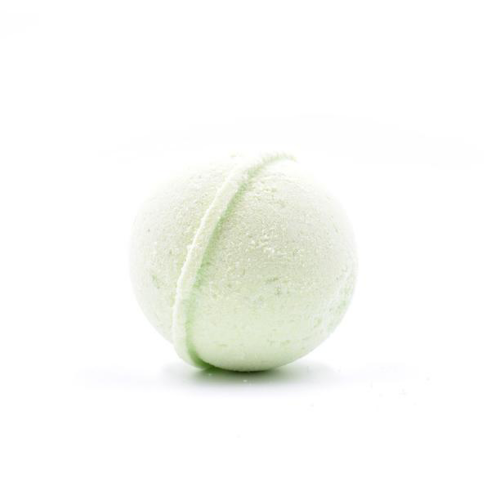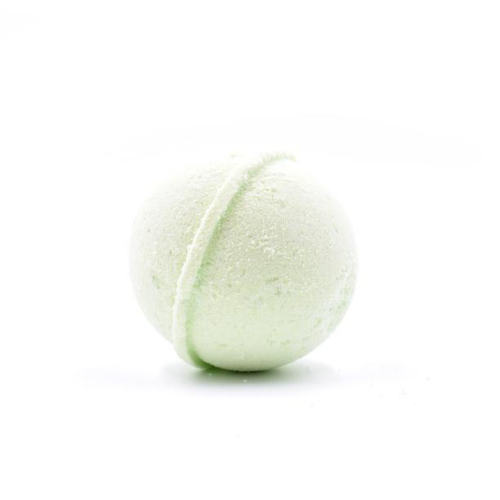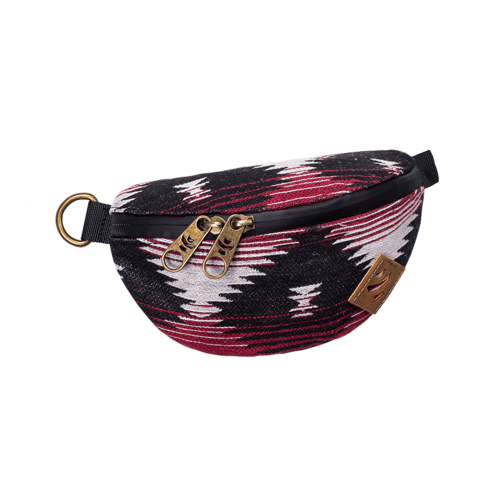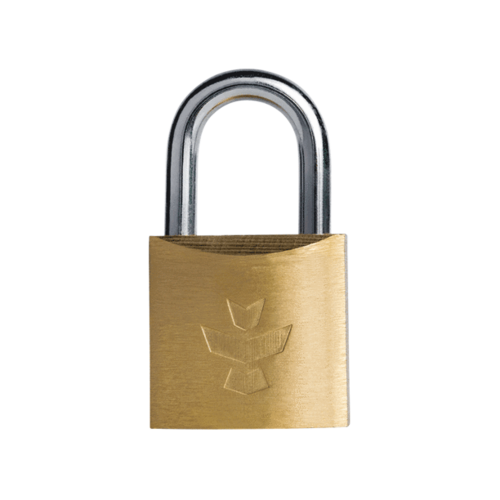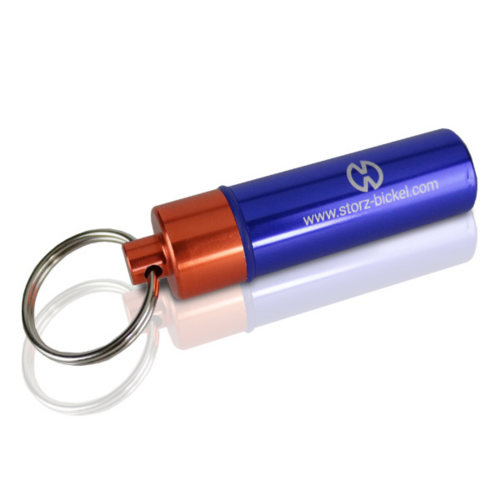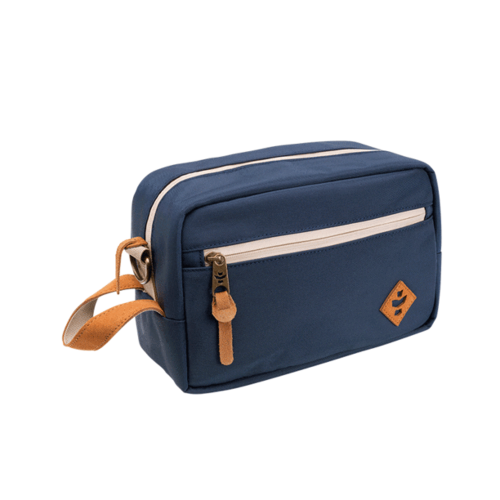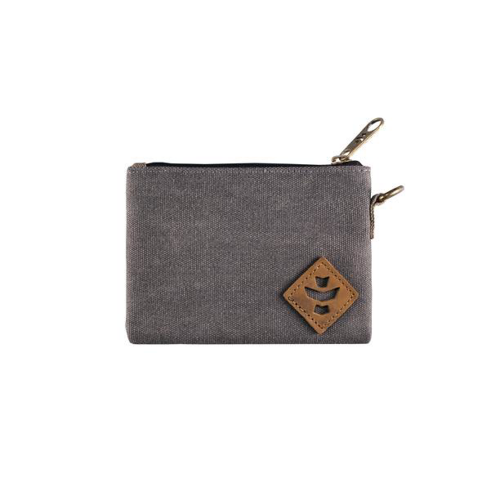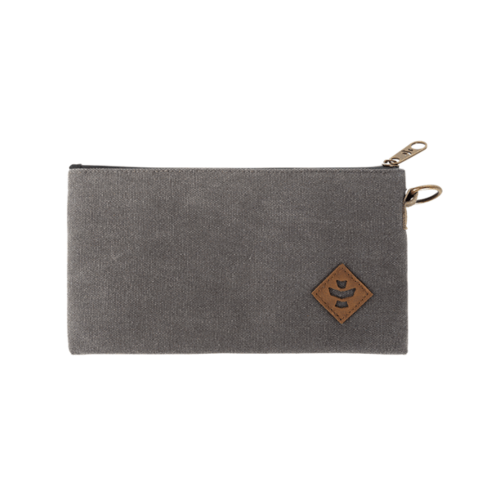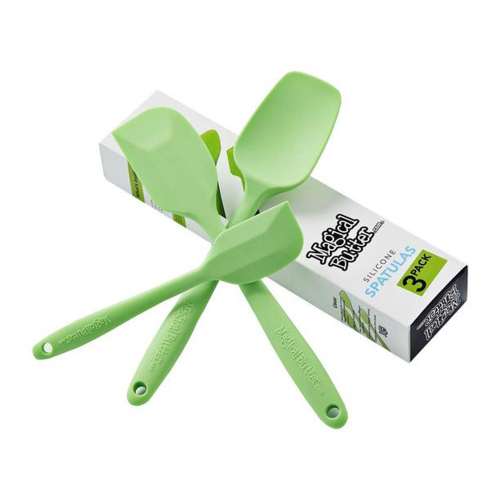It is a state of low mood and aversion to activity, that can affect a person’s thoughts, behavior, tendencies, feelings, and sense of well-being.
- Stressful live event such as the loss of a loved one.
- Personality.
- Physical diseases.
- Side effect of drugs or medical treatment.
- Genetic or heredity.
- Childhood abuse or trauma.
- Drug abuse.
- Feelings of hopelessness, low self-esteem or unhappiness.
- Loss of interest in hobbies or regular activities.
- Fatigue or low energy.
- Sleep problems.
- Lost of memory.
- Difficulty maintaining attention.
- Change in appetite.
- Irritability or hostility.
- Low tolerance for stress.
- Thoughts of death.
- Unexplained pain.
- Between 2–8% of adults with major depression die by suicide and about 50% of people who die by suicide had depression or another mood disorder.
- Major depressive disorder affected approximately 216 million people (3% of the world’s population) in 2015.
- The most common time of onset is in a person’s 20s and 30s.
- Females are affected about twice as often as males
- https://www.ncbi.nlm.nih.gov/pubmed/16148438
- https://www.ncbi.nlm.nih.gov/pubmed/21827834
- http://www.jneurosci.org/content/27/43/11700
- http://pharmrev.aspetjournals.org/content/58/3/389
- https://www.cambridge.org/core/journals/the-british-journal-of-psychiatry/article/effects-of-cannabidiol-on-schizophrenialike-symptoms-in-people-who-use-cannabis/895562C31FA106A611EBBA8F2181ECC7
Cannabis Benefits
Most people are unaware that the human body naturally creates endocannabinoids that help regulate mood and stress levels. Patients who are suffering from depression oftentimes have an underactive endocannabinoid system, making them more susceptible to depressive tendencies. Even though the body naturally produces endocannabinoids on its own, phytocannabinoids (cannabinoids naturally found in cannabis) can be used as a supplement to restore the endocannabinoid system to healthy levels.
Best Strains
- THC
- CBD

